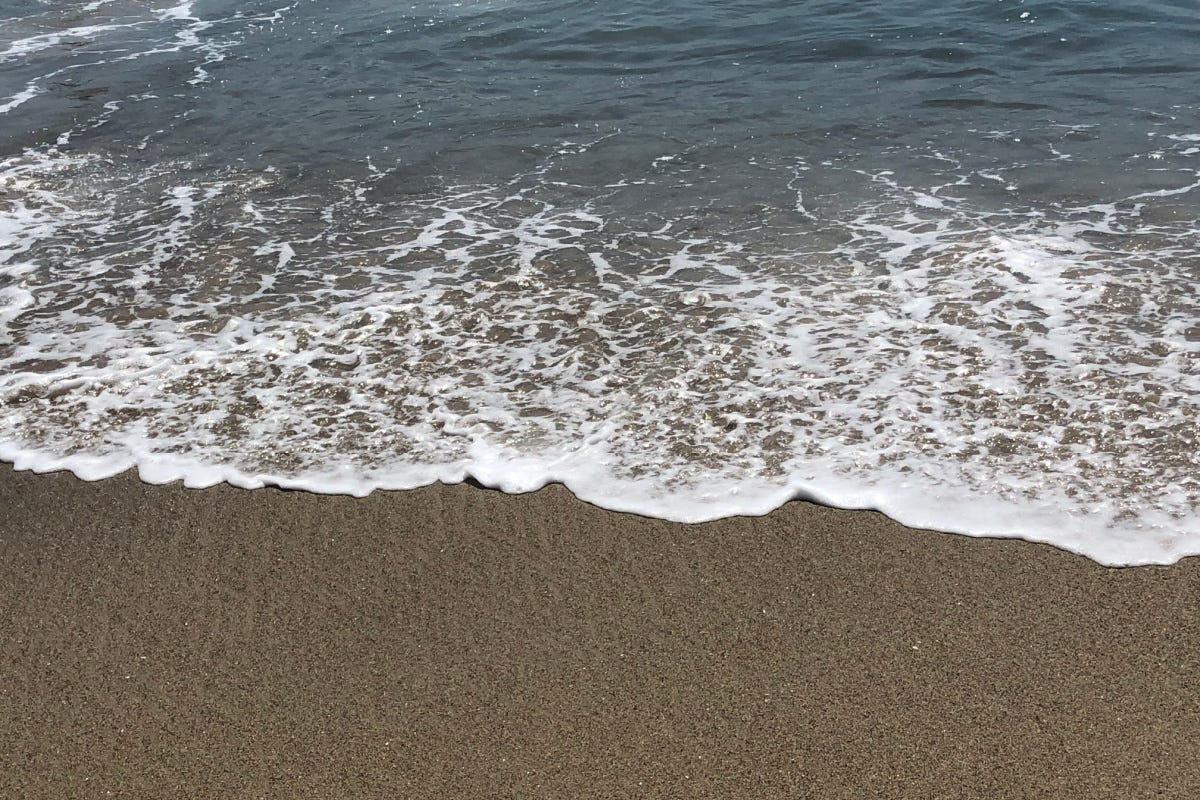How to Help the Hurting
From Wildfires in California to Hurricanes in the Carolinas
About five minutes after we returned home from Switzerland, we boarded another plane for Los Angeles. It wasn’t really five minutes. Maybe five days. In any case, my husband needed to be in L.A. for work, and I tagged along.
The fun part about flying into LAX (Los Angeles International Airport) is that the flight path goes past our old suburb. If you’re sitting at a window on the right side of the plane (Any Seat F), you can see the crisscross of freeways below that mark our hometown of San Dimas.
But this time, you couldn’t see anything. The sky had turned an ominous orange with a thick haze of smoke as three separate wildfires engulfed thousands of acres close by.
When we checked into our hotel, the concierge told us that the rest of the hotel was filled with evacuees and firemen.
The next morning, I took the elevator to the first floor where they served a complimentary breakfast. Normally, these breakfast areas are filled with lively chatter as people scoop tiny packets of butter and jam for their toast. But on this morning, the room was eerily quiet as the large flatscreen TV mounted on the wall showed news footage of the local fires.
As I scanned the breakfast area, I saw parents feeding their children with worried looks on their faces; I saw firemen dressed in heavy gear, grabbing a bagel before heading out the door.
Everyone ate in silence.
The worry in the room was palpable.
I was surrounded by people in genuine crisis.
Everyone knows the reality of these fires. Will their homes be standing when they return? Or will their lives as they know it disintegrate into ash?
I felt a familiar pang — a strange mix of emotions. I hurt for the strangers I ate scrambled eggs with, and at the same time I recognized that, in this current moment, I am not in a season of crisis.
When we flew back to North Carolina, the headlines quickly shifted to the headwinds of a coming hurricane.
We live in an age where we can access live updates on our phones regarding any crisis happening in real time. With the swipe of our thumbs, we can fill our screens with the latest news on the wildfires in California and the hurricane in the Carolinas. This nonstop influx of crises can be overwhelming, but it’s still worth repeating:
We can’t help everyone, but we can help someone.
If we are in a season where life is pretty calm and steady, how can we help those who are hurting?
Hurricanes. Tornadoes. Wildfires. Floods. Earthquakes.
When natural disasters strike, a path of widespread destruction is left in their wake, leaving people to pick up the pieces of their broken lives.
Perhaps you’ve lived through one of these catastrophic events. If you have, then you know.
You know how hard and how long it is to recover.
When I was eight, my family moved across the country. Everything we owned was in a moving truck. During the cross-country trip, we woke up one morning to discover our moving truck had been stolen in the night and everything we owned was gone. We were left with nothing. Not because of a natural disaster, but because of a crime.
Keep reading with a 7-day free trial
Subscribe to Denise J. Hughes to keep reading this post and get 7 days of free access to the full post archives.





